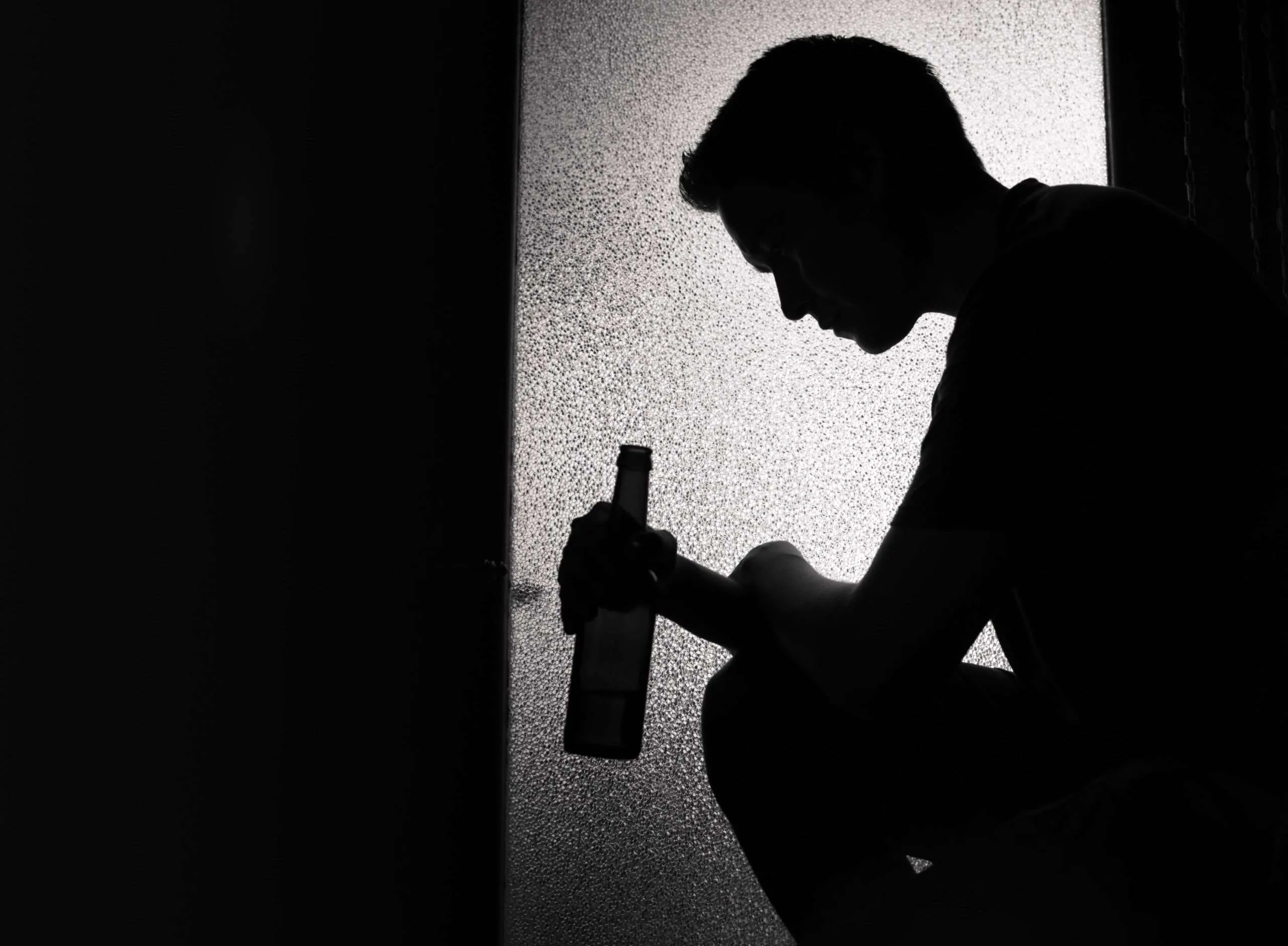People typically begin drinking because they enjoy the taste of alcoholic beverages and the relaxation effect they can cause. When a person crosses the line to developing an alcohol use disorder, they often wonder what happened. Why is alcohol addictive? The answer begins with a medical explanation, but other psychological components can increase a person’s inability to stop drinking on their own. Tampa Bay Recovery Center offers highly effective detox and outpatient programs that help people battle their alcohol addiction and win.
Why Is Alcohol So Addictive: The Physical and Psychological Reasons
Medically speaking, alcohol abuse impacts a person’s brain. People naturally produce endorphins such as dopamine that create feelings of happiness and euphoria. When someone drinks heavily, it causes the brain to produce excessive amounts of these endorphins. At some point, the ability to produce these endorphins naturally becomes compromised. As a result, the person begins to need to drink in order to experience pleasurable feelings.
People can also develop an addiction to alcohol partly attributable to psychological reasons. For example, someone who grew up with a family member who was an alcoholic and did not seek help may not see it as a real problem. They learn to view drinking as a way to cope with life.
People also can truly be creative when convincing themselves that they don’t have an alcohol use disorder. Someone who experiences feelings of depression or anxiety, among other psychological disorders, may think of drinking as the solution to those issues and may in fact ask, “why is alcohol so addictive?” They develop a belief system that removing the alcohol will only compound difficult and painful emotions, so the only answer is to keep drinking.
How Societal Norms Influence Alcohol Addiction
Alcohol has long been associated with social events and personal celebrations in people’s lives. It is common to drink alcohol at all kinds of parties, sporting events, community activities, and more. People drink champagne on New Year’s Eve, beer while watching football, and often head for a bar to wind down after a long work day. Advertising pushes the idea that any event is made better when people include alcoholic beverages. As a result, many people are able to hide their addictions in a way that isn’t as easy for someone abusing a substance like cocaine or heroin.
During the pandemic, drinking levels increased and were initially passed off jokingly as drinking a “quarantini”. In fact, binge drinking and other excessive amounts of drinking increased by 21% during COVID-19. A study showed that just a one-year increase in how much alcohol people drank during the pandemic will cause 8,000 more deaths from liver disease related to alcohol use.
Even when in recovery from alcohol use, many people experience blowback from well-meaning friends and family members. Too often, they are asked why they aren’t drinking and even tempted to have “just one”.
Signs of Alcohol Addiction
Alcoholism causes a person to experience signs that indicate a problem is present. Some of the common signs of alcohol addiction include:
- Drinking every day or several days a week
- Frequent hangovers
- Developing a tolerance and needing to increase alcohol consumption levels
- Memory loss, including blackouts when drinking
- Isolating and drinking alone
- Hiding alcohol consumption from others
- Using alcohol to soothe emotions like anger, sadness, frustration, and anxiety
- Being arrested for DWI or DUI
- Withdrawal symptoms when not drinking
- Weight gain or loss
- Poor dietary choices
- Becoming easily angered or violent
- Developing medical problems like malnutrition, cirrhosis of the liver, and heart conditions related to drinking
- Having a family history of alcoholism
How Is Alcohol Addiction Treated?
Tampa Bay Recovery Center designed a treatment program to help people overcome alcohol addiction. We provide five separate levels of care that begin with a detox program. After completing detox, we assess the person to understand which subsequent level of care will work best for them. Options include:
- Outpatient Program (OP)
- Intensive Outpatient Program Tampa (IOP)
- Partial Hospitalization Program (PHP)
Each program allows people access to valuable types of therapy proven to help them overcome substance use disorders. Options like individual, group, and family therapy arm people with the basics of identifying how alcoholism has affected their lives. From there, they learn to make healthy choices in pursuit of living life sober from now on. As well, medications can be provided that help ease withdrawal symptoms.
Get Help For Alcohol Addiction Today
The answer to “Why is alcohol addictive?” lies partly in each person’s unique story. While there are medical reasons that alcohol can cause a person to become unable to stop drinking it, other reasons lie beneath the surface. Tampa Bay Recovery helps people uncover the motivations they may have had to hide behind alcohol abuse. We teach people to address issues that trigger them to drink via several types of therapy modalities. As a result, they learn to use healthy coping skills and begin living life on their terms.
Are you ready to put alcohol addiction behind you and enjoy living a sober life? Contact us now and see how easy it is to get started on an exciting new way of life.







